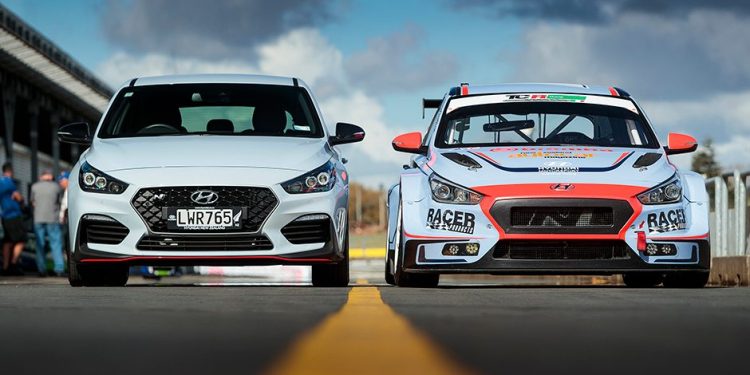Hyundai to stop development of new petrol, diesel engines as it focuses on EVs
Words: Matthew Hansen
It’s been confirmed that Hyundai is set to close its engine development center as part of a restructure at its research and development headquarters in Namyang, effectively sealing the fate of internal combustion engines at the company.
There’s several moving parts in the reshuffle, namely being the 12,000 staff at the Namyang facility. Those from the engine development center will now form a research and development group for electric vehicles.
Hyundai will continue to produce and sell internal combustion vehicles for a time, but they will effectively have to rely on current technology as the brand pours its finances and focus into its zero-emissions projects.
The news comes following the somewhat surprising recent revelations that decorated engineer Albert Biermann and storied designer Peter Schreyer were rumoured to be on the chopping block at the firm as part of its pivot towards its next electric vehicle chapter.
It’s now been confirmed that Biermann will be retiring from his position as president and head of the research and development division, although the former BMW M division engineer will stay on as a technical advisor.
“It has been a tremendous pleasure and honor for me to work for Hyundai Motor Group and lead our engineering division to become a ‘second-to-none’ R&D center in the entire automotive industry,” said Biermann.
“Now, our vehicles standout apart from the competition in many aspects and embody our strong engineering expertise and commitment.”
“Thanks to Albert’s tireless efforts, unwavering dedication, and prodigious passion for the company, we have been able to achieve many great accomplishments across our vehicle lineups that it would be impossible to name them all,” added Euisun Chung, Executive Chair of Hyundai Motor Group.
“His commitment to delivering the very highest engineering standards has played a key role in our Group becoming one of the top global automotive leaders.”
It’s unclear what this will mean for Hyundai’s N division of performance vehicles, which currently includes the i30 N, i20 N, Veloster N, and Kona N. Each has received significant praise and enhanced the brand’s perception among enthusiasts.
Hyundai’s made several big steps in its electric vehicle journey in recent times. It released the new Ioniq 5 last year, and is set to unveil a production version of the Ioniq 7 large SUV in 2021.





